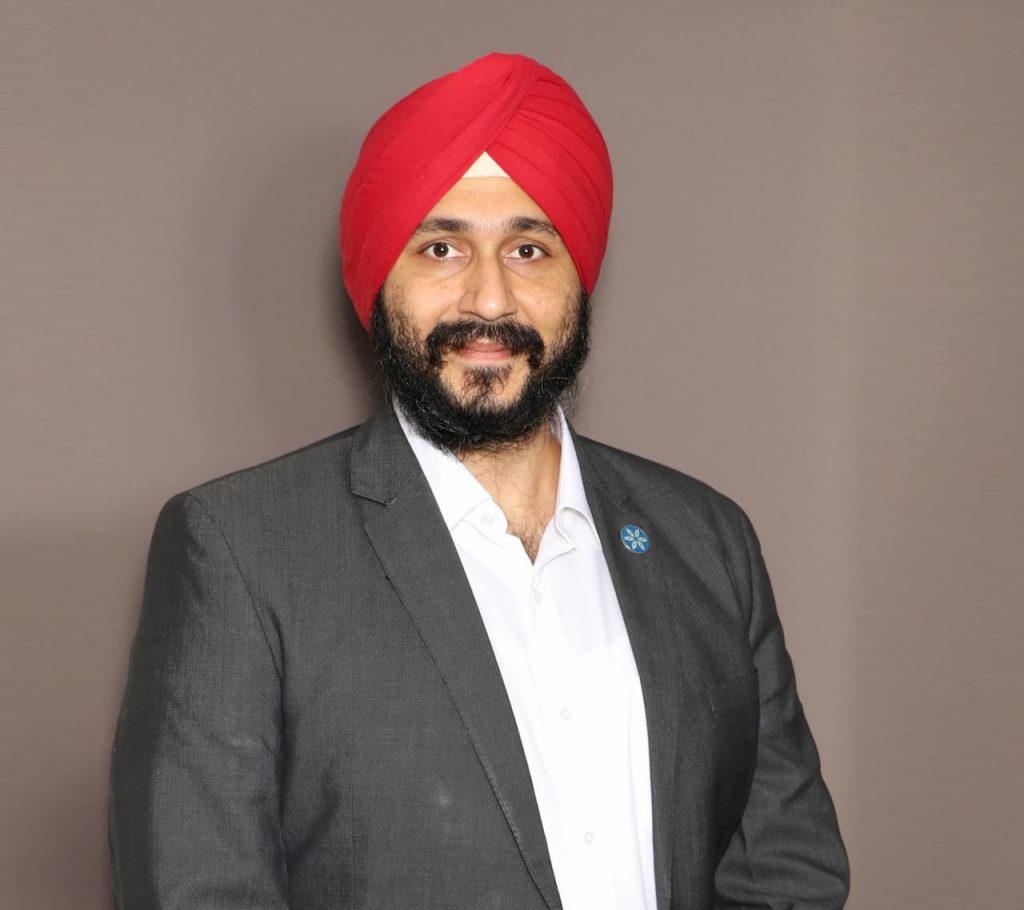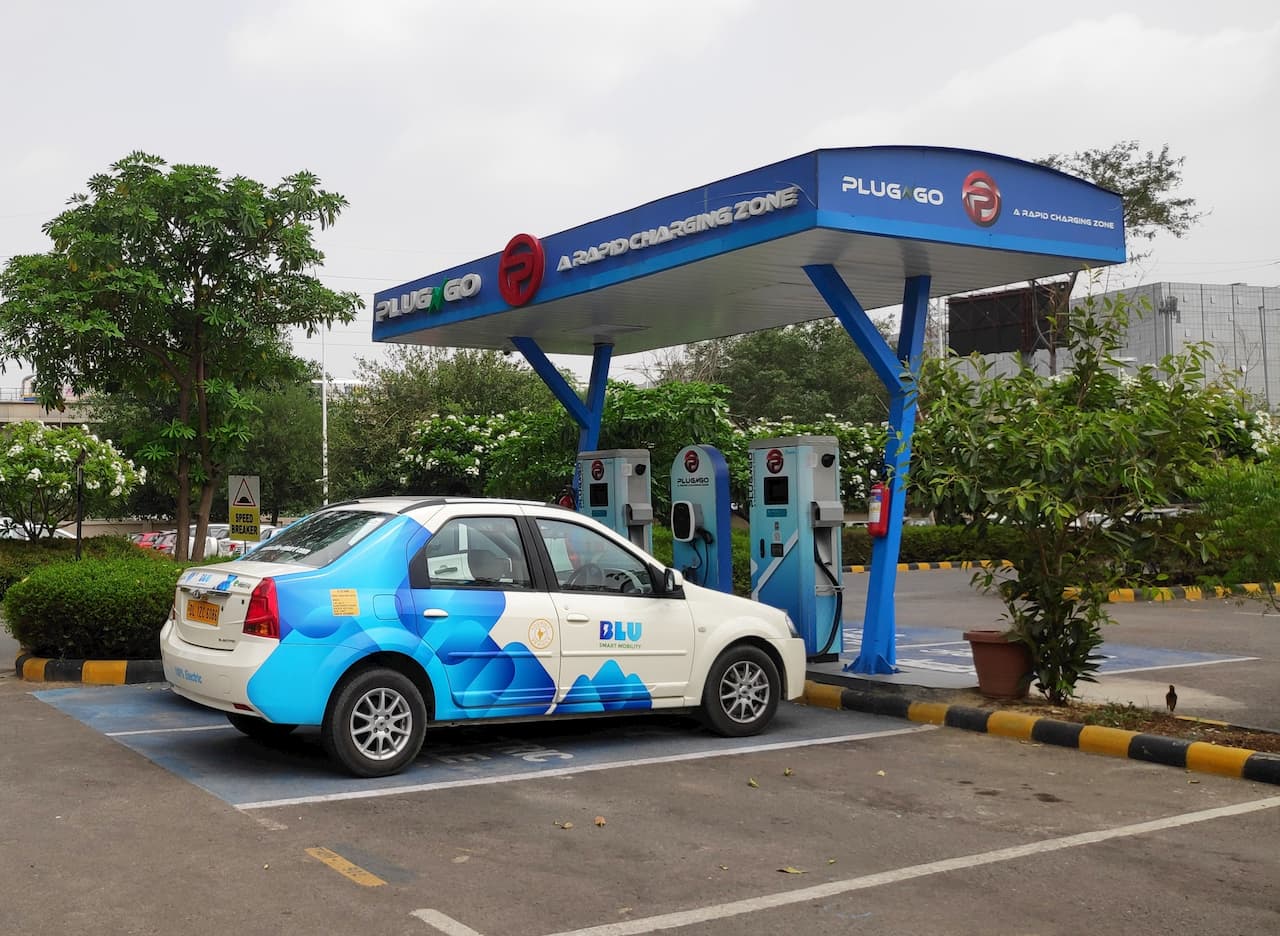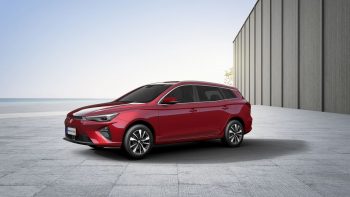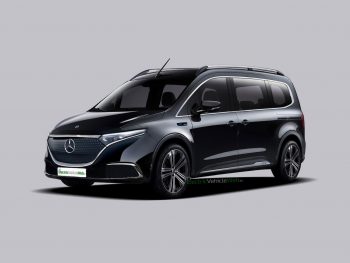BluSmart – an all-electric shared mobility specialist from the National Capital Region is excited about the new entry car segment emerging in the EV space in India. Since its launch last year the ‘Ola-Uber’ of electric cars, has completed 5,000,000+ km with 200,000+ rides and claims to have saved an impressive 375,000+ kg of CO2.
With the new round of funding of USD 7 million from a consortium of investors following USD 3 million in September 2019 in a seed round, BluSmart will look at adding new compact cars to offer an affordable last mile green solution. In a bid to address the range anxiety, the company plans to offer a charging station within 2-3 kilometers in the National Capital Region, which it intends to open up to normal public.
ElectricVehicleWeb.in caught up with the Founder of BluSmart Mobility – Anmol Jaggi and spoke to him about the falling cost of electric vehicles and how his company intends to capitalize on the attractive future product portfolio.
Edited Excerpt
What is your view on the cost of electric vehicles going down? Any takeaways from the Tesla Battery Day?
I’ve been in the renewable energy space all my life and we have done a lot of solar projects. We have learnt from the impact in the solar energy space that when the mass adoption of a particular product happens, then the price curve of that product goes down. It is a factor of two things – larger scale and efficiency improvement.
For example, cobalt is the biggest cost component in the NMC battery and Elon Musk of Tesla recently announced that his batteries will be cobalt-free. The efficiency coupled with scale will help in cracking the cost code.
Today the scale of the market is low – look at the evolution of telecom sector how the scale moved from 100,000 users to 10 million users and now they’re almost a billion users. In the solar space, we started doing projects at Rs 25 crore a megawatt that has now come down to 2.5-3 crore per megawatt, the price came down by 10 times in less than 10 years, which see something similar happening in the automotive space.

There is no car which is built grounds-up EV in India, almost all the cars are retrofitted. Once the optimization kicks in, the costs will come down. As an operator, we have identified a cost optimization of Rs 90,000 to Rs 1 lakh already, we are not even a manufacturer. So everyone is looking at ways to optimise their cost, in my opinion you will see a reduction of 15% on the price of the car on a year on year basis similar to telecom, semi-conductor industry or solar industry. The same capex curve will be followed for electric vehicles also.
It is pretty much evident because the cars that we bought 15 to 17 months back and today, there is at least 30-35% reduction. On the contrary, one has seen the price of ICE cars in India going up by atleast Rs 1 lakh to meet the stringent emission norms and safety norms. It is expected to further go up.
The taxation on EVs have also come down to 5% which is a great help. 30% reduction has come on the GST.
Higher priced EVs still pose a stiff challenge, with new lower price cars coming in from Mahindra, Tata and Maruti in the sub-Rs 10 lakh do you see the equation for you changing?
My fleet is 100% electric. The current car that I buy, I have to offer a price to the consumer at about 10 to 15 rupees a kilometer where I breakeven segment. In the lower segment car, I will be able to breakeven at less than Rs 10 per kilometer. I am hoping that the Maruti Wagon R EV will be priced around Rs 7 lakh and that may change the value proposition.
With the introduction of Mahindra eKUV100 or Maruti Wagon R electric, I will be able to offer a smaller much more attractive price to our consumers. We will have a wide range – the Ultra Premium segment of Hyundai Kona and MG ZS EV, the premium sedan offering – Tigor EV and eVerito – then we will have Maruti Wagon R EV and the Mahindra eKUV100 with the smaller segment.
Somebody wants to pay Rs 10, 15, or 25 per kilometer, there will be option for all of them. This will help in expanding the segment. 80% of the rides happen in the smaller cars and only 20% of rides happen in bigger cars today.
Are consumers willing to pay an extra amount to ride in an EV?
I can tell you that Blusmart is a premium priced service. We have a dedicated and loyal set of users, who pay a bit of premium, for a clean, safe and environment friendly ride.
We tell consumers that riding BluSmart is your good deed for the day, while one may want to contribute for environment protection, one is busy, so the cab that you travel on EV is your small contribution.
Our loyal user base is expanding everyday and the customers are very happy, they are seeing a value proposition in traveling in a BluSmart, you cannot just charge extra for being environment friendly – you need to charge extra for premium service. We offer no cancellation. We have done more than three lakh trips; we have not even canceled one trip till now. Our drivers are highly trained; our app store rating is 4.9, the consumers pay for all of that and also pay for the environment.
I cannot just say that I offer a bad service and just because I’m environment friendly you please pay me more, my driver may be late but you still pay me, that’s not the way. We have to be responsible in every aspec – punctuality, environment, no surge and other services – and the consumers pay for the entire package.
What about the charging infrastructure for BluSmart drivers?
There are some charging stations coming up in Delhi or other cities, but BluSmart is building its own electric vehicle charging infrastructure. We are the largest owner of electric vehicle charging in Delhi and may be in the country also.
I know that we operate 182 fast charging stations and I don’t think anybody else is operating that large infrastructure. We will also be opening up the charging stations to public very soon, the technology for that is already built and it is under testing. Very soon the common public can also come to use our charging stations and that is the time when we are going to say, that in the micro territory of Gurgaon and some of the areas of Delhi, there will be a charging station virtually in every two three kilometers.
At BluSmart we are clearly resolving the problem of Chicken and egg – i.e.- who gets the charger first and who gets the fleet first, there will be no more questions, as we are building a lot of charging infrastructure and opening it up to the public. In Gurgaon in some days from now, no one can complain of charging infrastructure as we operate 182 fast charging stations.
You spoke about cost optimization for cars for fleets, could you share more details?
I can say for myself. I cannot say for personal mobility, I can say for commercial mobility, we don’t slow charge our cars, we always fast charge our cars, that improves efficiency. Then there are multiple other touch elements which are not required in the fleet side of the business. We are negotiating for new set of cars and we requesting the OEMs to get rid of the features which will help in reducing the cost.
There are new and advanced EVs lined up from Tata Motors and other brands. Are you looking at adding them to the BluSmart fleet?
We have 326 vehicles in our fleet, 120 plus are Mahindras and about 200 are Tata Tigors and a few Hyundai Kona. We just raised a new round of funding, you might be aware of it. There is enough cash in the bank to go to expand our operations by at least five times from what we have now. We are negotiating with both Tata and Mahindra. With Maruti, it is a preliminary discussion as the product is still not finalized.
With Tata, we have negotiation on a daily basis, to onboard both Tigor and Nexons. Tatas still have to take a decision on whether they want to sell Nexon in the commercial segment or not, is not yet decided. But if they decide that they would supply Nexon in the commercial segment, we are ready to buy.

![Compact Hyundai ‘Ioniq 3’ to be produced in Singapore in 2025 [Update]](https://electricvehicleweb.com/wp-content/uploads/2022/01/2025-Hyundai-Ioniq-3-rendering-front-350x220.jpg)

